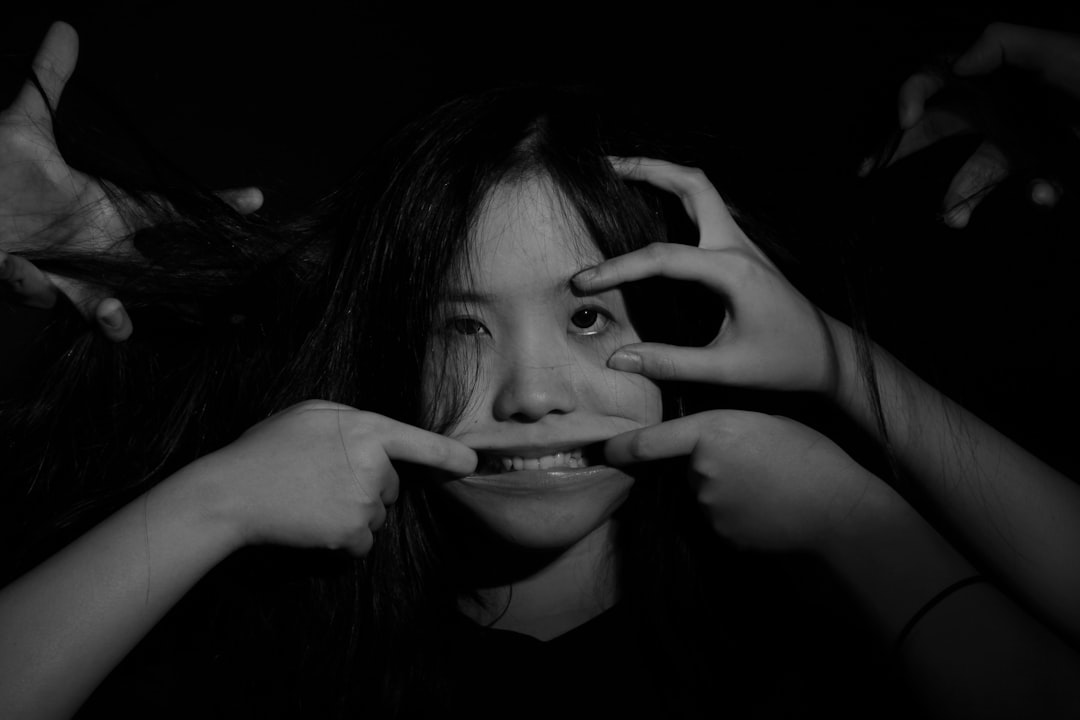It is believed that roughly 20% of American adults will struggle with mental illness in a given year. The vast majority of suicide victims also suffer from some kind of mental illness.
These and many other tragic statistics show us that mental illness is a huge issue in the United States. When dealing with mental illness the most important thing is to get help.
Oftentimes, the best way to do this is to build a support network and go to talk therapy.
Sometimes talk therapy doesn’t work, so many people will have to seek out other treatment methods. We’ll talk about some of the available options in the paragraphs below.
Word of Warning
It’s important to not rush into things. Having a bad experience with one therapist doesn’t mean that talk therapy doesn’t work. It’s not uncommon to go through a few therapists before finding one you like.
Ads by Revcontent
From the Web
Can You Afford These Delicacies?InspiredotOnce Famous, These Drinks Were Banned for a Reason You Should KnowInspiredot2020 Scholarship Opportunities in 7 European Countries, Apply NowYorkfeedRevcontent Dominates Content Recommendation with Massive InnovationExaminer.comJoin Revcontent: The World’s Fastest Growing Native Ad NetworkRevcontentSign Up With Revcontent To Drive High-Quality Traffic To Your SiteRevcontent
1. Ketamine Infusion
Though it’s a controversial method, to say the least, the medical use of Ketamine is proving to be effective at treating depression, anxiety, and other mental health disorders.
Ketamine is often used in clinical settings as an anesthetic and is perfectly safe in controlled, clinical settings. The controversy arises from Ketamine’s addicted potential.
Like morphine, some people use ketamine outside of clinical settings and become addicted to it. If you have a history of drug issues, you may want to stay away from Ketamine infusion.
2. St. John’s Wort
St. John’s wort has been hailed as an herbal treatment for depression, but it’s hard to say for sure. It seems to have some effect on mild depression, though there’s not much research pointing to its treatment of more severe depression.
The best way to take Saint John’s wort may be along with prescribed anti-depressants. St. John’s wort also interferes with certain other drugs, so consult with your doctor before using it.
3. Electroconvulsive Therapy
Once a nightmare for those with mental health issues, electroconvulsive therapy has improved drastically over the years. Gone are the days of being strapped down and given painful shocks.
Modern electroconvulsive therapy involves being placed under anesthesia and given an electrical shock that stimulates the brain. The patient doesn’t feel any pain and the majority of patients with severe depression and other disorders see significant improvement.
Keep in mind that this isn’t a permanent solution. ECT only relieves symptoms temporarily. Further psychotherapy or continuing ECT treatments will be needed to keep the condition under control.
What to do When Talk Therapy Doesn’t Work
It’s a sad fact that for some people, talk therapy doesn’t work. The good news is that there are other ways to try and manage mental conditions. Many of them seem to be backed by science, as well.
We’ve mentioned only some of these methods in the paragraphs above, but there are many others out there. We encourage you to do more research on your own if you’re interested.
If you want more information and advice on various aspects of healthcare, both clinical and alternative, please visit our site.
